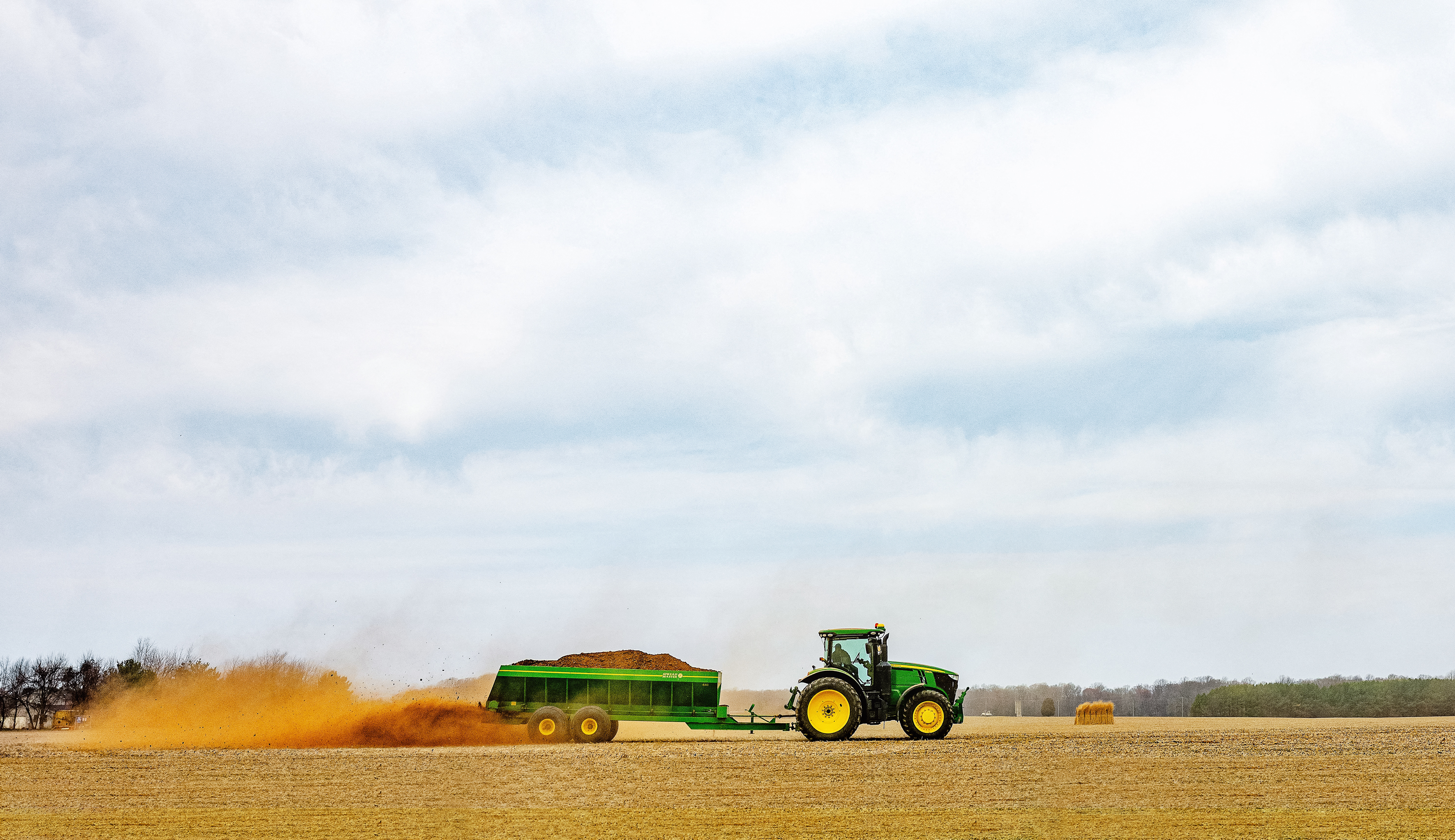Rural landowners say the United States’ farms have become dumping grounds for sludge from the wastewater treatment plants of larger cities. They complain of foul odors, contaminated soil, health problems, and stormwater runoff contaminating streams, lakes, and groundwater with possibly dangerous chemicals.
The treated sewage sludge—known as “biosolids”— is the solid matter left from the wastewater treatment process. The sludge is removed from the bottom of the sewage plant tanks then treated to reduce pathogens for use as a soil amendment or fertilizer.










